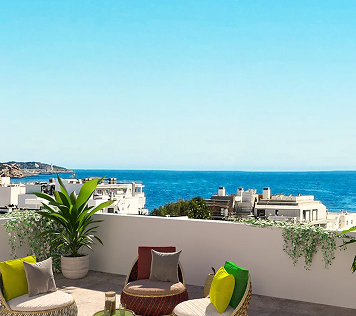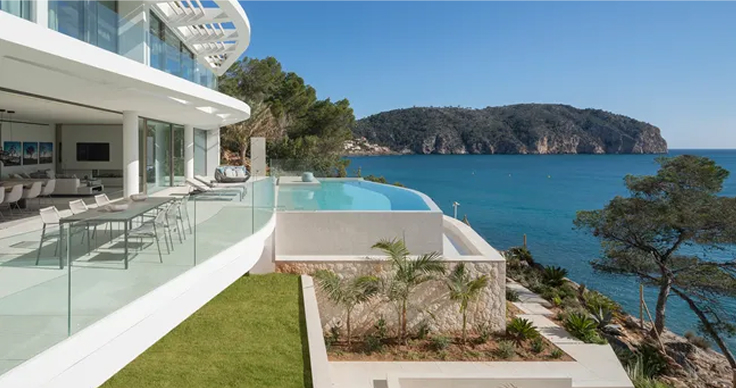Stunning homes across the whole country.
Learn about legal processes and timeframes.
Upscore’s Finance Passport makes moving to Portugal effortless.
A breakdown of how to source and secure your dream property.
Non‑EU newcomers can apply for the D7 “passive income” or D8 “digital nomad” visas. Show steady earnings or savings and proof of accommodation. Once you arrive, you’ll need to schedule your SEF residency appointment. The paperwork feels heavy, but Portuguese officials are usually patient and quite English‑friendly.
Your overall costs here will be better than Paris or London, but steeper than somewhere like Prague. And the rent varies: €700 can get you a small two-bedroom flat inland, but Lisbon’s riverfront might top €1,800. Your food shopping is generally affordable, but the main costs come in with internet, utilities, etc. Is price a major part of your potential move here to Portugal? You can specify your budget, along with your other lifestyle and amenity requirements with our Portuguese Property Finder to discover the closest match on the market.
Brits still come post‑Brexit, but you now register like any non‑EU citizen. Your UK licence converts easily, and you can even take pets along with an updated health certificate. Healthcare access starts with private insurance; after residency you can join the SNS public system for a token user fee in many locales.
Portuguese is arguably one of the trickier Romance languages. Start with some basic phrases - bom dia, se faz favor - and practice the nasal “ão” phoneme. There’s nothing really like that sound in English, so it will take some practice. Free city classes exist, but YouTube plus the odd café chat with natives will work wonders.
Yes, you can work remotely on foreign contracts! Banks accept proof of overseas income and Portugal’s Non‑Habitual Resident regime can trim your taxes for ten years on certain foreign earnings. But expect paperwork. Good internet reaches most towns, but always test the speeds before you commit to anything significant.
Simply type in all your requirements, and our Property Finder AI tool gives you the closest available match.
Try Now
Check out thousands of Portuguese properties with confidence – knowing you’ll be getting the best deal.


